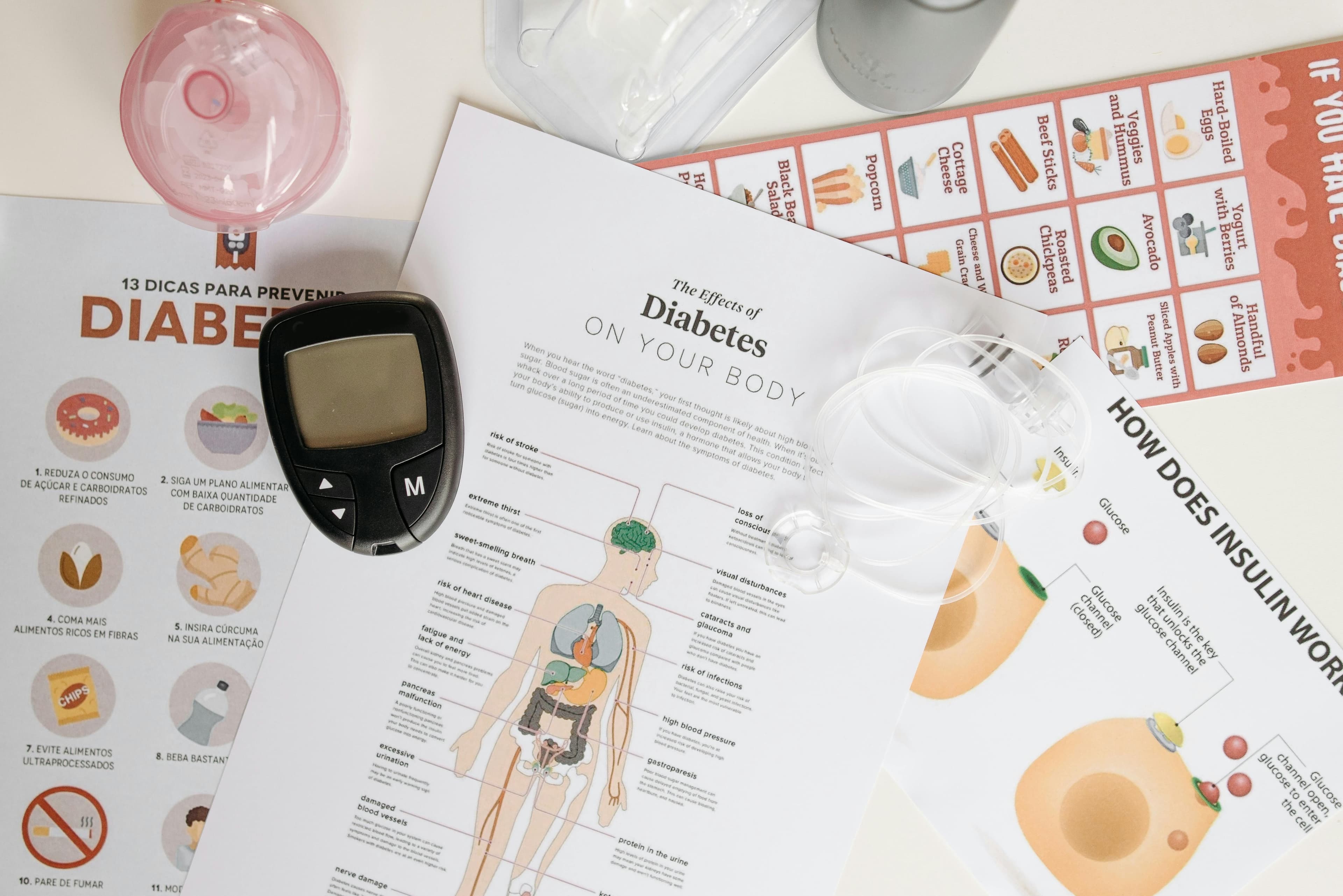Holistic Evaluation of Lifestyle and Performance Diagnostics (HELP-D): Lifestyle Medicine Intervention
2026.06.02The last research project presents a case report examining the application of an innovative preventive health screening tool for early detection of modifiable risk factors in non- communicable diseases (NCDs). The case focuses on an individual with elevated NCD risk, documenting baseline screening results across metrics such as physical activity levels, sleep quality, and handgrip strength. Over a twelve-week period, the project tracks the effectiveness of personalized lifestyle interventions recommended based on screening data. This case provides practical insights into the screening tool’s utility in a non-clinical setting, highlighting its role in empowering self-management and informing future improvements for broader preventive health applications.
